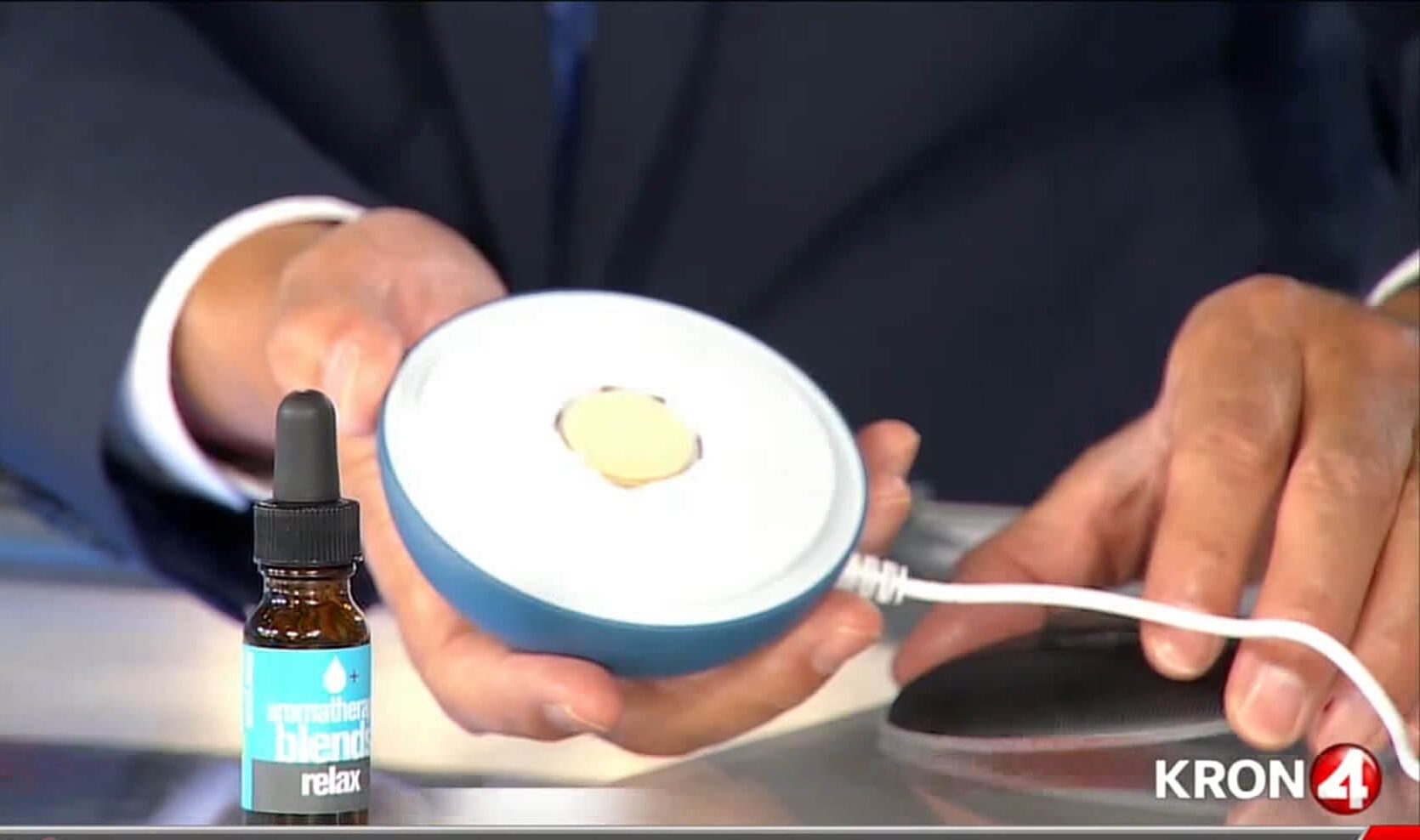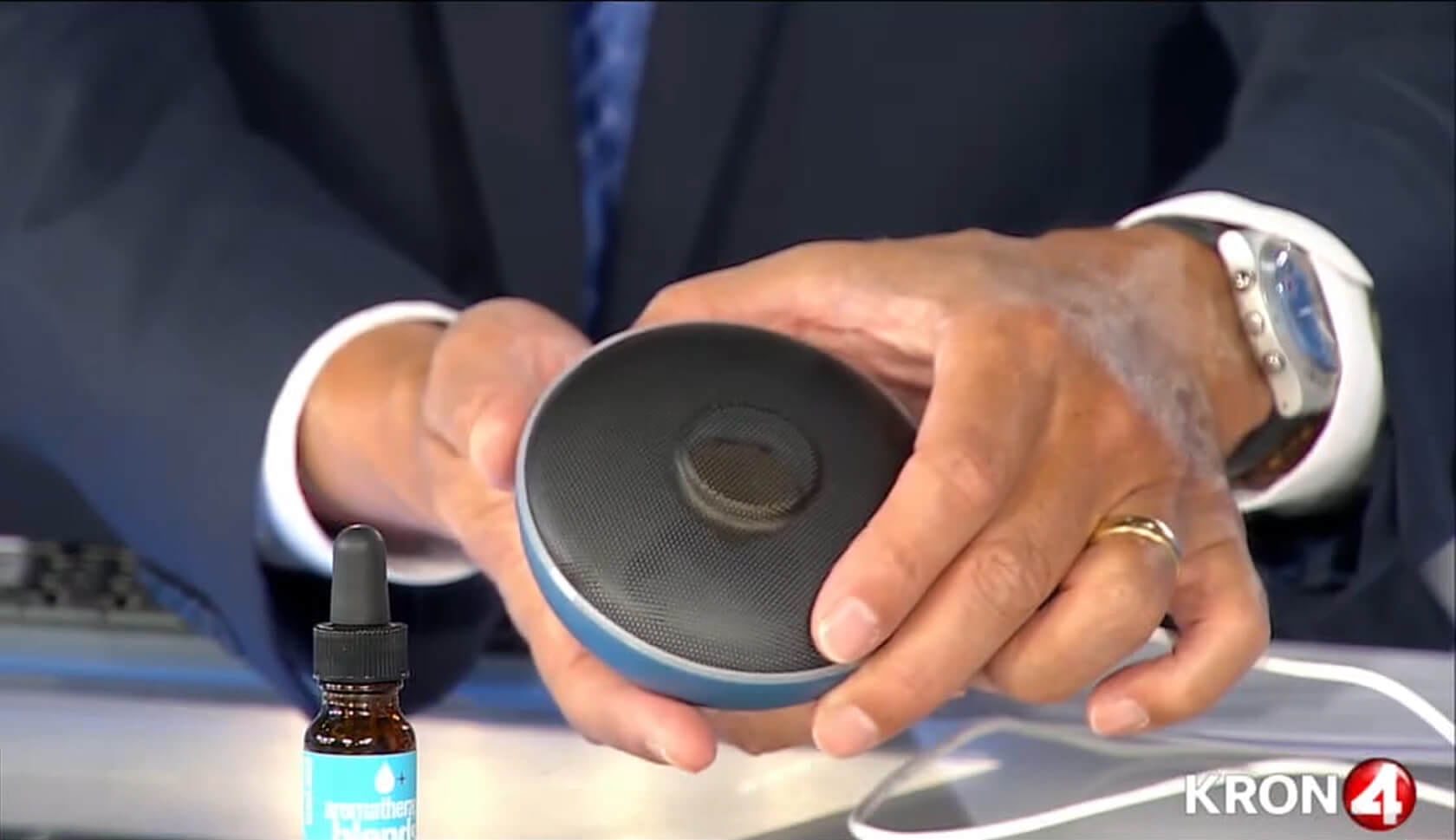Stress is often high at this time of the year resulting in the inability to get a good night’s sleep. When you cut down on total sleep time, studies show it can result in overeating, weight gain, and worse yet, increased mortality. Here are some tips to sleep better tonight!

1. Catch Up On Lost Z’s
- Lack of enough sleep can accumulate over time. The amount of sleep you need and the amount of sleep you get results in being in a sleep debt.
Tack on extra hours of sleep time each night until you feel you are caught up.
2. Work Out By Day
- Get into a regular exercise routine. Save the higher intensity workouts for daytime to avoid re-energizing right before you’re supposed to be winding down.
3. Stretch By Night
- Tense muscles are shortened making them tight. Elongating the muscle fibers will help you relax.
Focus on muscles in the neck, shoulders, upper and lower back, and even your face. Use all your senses, so stretch in a soothing quiet setting, visualize something calming, and try aromatherapy.
4. Stay on a Schedule
- Maintain a consistent sleep schedule.
- Keep your bedroom is dark, cool, and quiet.
- Wear ear plugs to block out noise.
- Wear a sleep mask. When the brain senses pure darkness, it produces and releases melatonin*.
*MELATONIN is a hormone produced in the brain (the pineal gland) and regulates sleep and wakefulness (the sleep-wake cycle). Melatonin production and release increase when it’s dark and decrease when it’s light.
However, melatonin production declines with age which could explain why older adults may have more difficulty sleeping.
Melatonin supplements are available over-the-counter. If you take medications though, talk with your doctor before taking a melatonin supplement.
Try the sleep mask first to increase melatonin naturally.
5. Sleep Naturally
- Try non-caffeinated chamomile tea or aromatherapy. Lavender produces slight relaxing and calming effects when inhaled.
Travel aromatherapy diffuser with USB recharger. Aromatherapy blend of lavender, citrus and other essential oils.

6. Drain Your Brain
- Try to block out daily “worry time” before bed. If you need to check emails, pay bills, or plan your schedule for the following day, do so right after dinner – not right before bedtime.
7. Keep Naps Short
- Occasional short naps are okay but avoid napping too late in the day. Also, keep them short.
8. Avoid Hidden Sleep Thiefs
- Caffeine has a half life of five to six hours. Coffee can wreck sleep, but caffeine also lurks in soft drinks, tea, and chocolate. Beware of some medications, such as decongestants, which can make some people feel jittery and have trouble sleeping.
9. Be Wary With Pain
- You may want to consider taking a nighttime pain reliever to help you doze off, but consult your doctor if pain commonly keeps you up at night. Also, some common over-the-counter and prescription pain relievers contain caffeine.
10. Eat Light at Night
- Avoid activating digestion with a late-night heavy meal and high-fat, calorie-dense snacks. Fats emulsify slowly in the digestive tract.
They keep your body digesting which competes with your rest time and impacts the quality of your sleep.
During sleep, your brain and body need energy to grow and repair tissue as well as clear out metabolic waste.

![]() Karen’s Fit Tip: Establishing new sleep habits takes practice and discipline, but the health payoff is big. Try one new sleep tip each week.
Karen’s Fit Tip: Establishing new sleep habits takes practice and discipline, but the health payoff is big. Try one new sleep tip each week.


